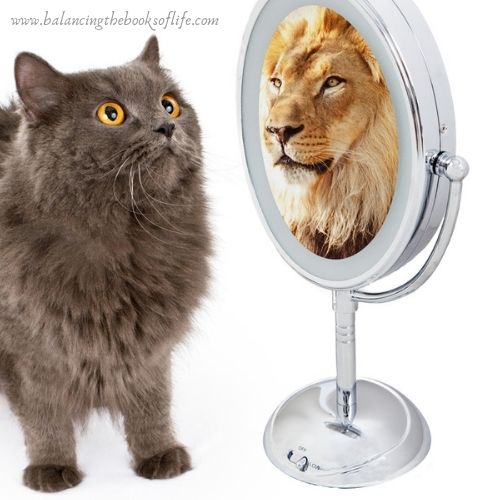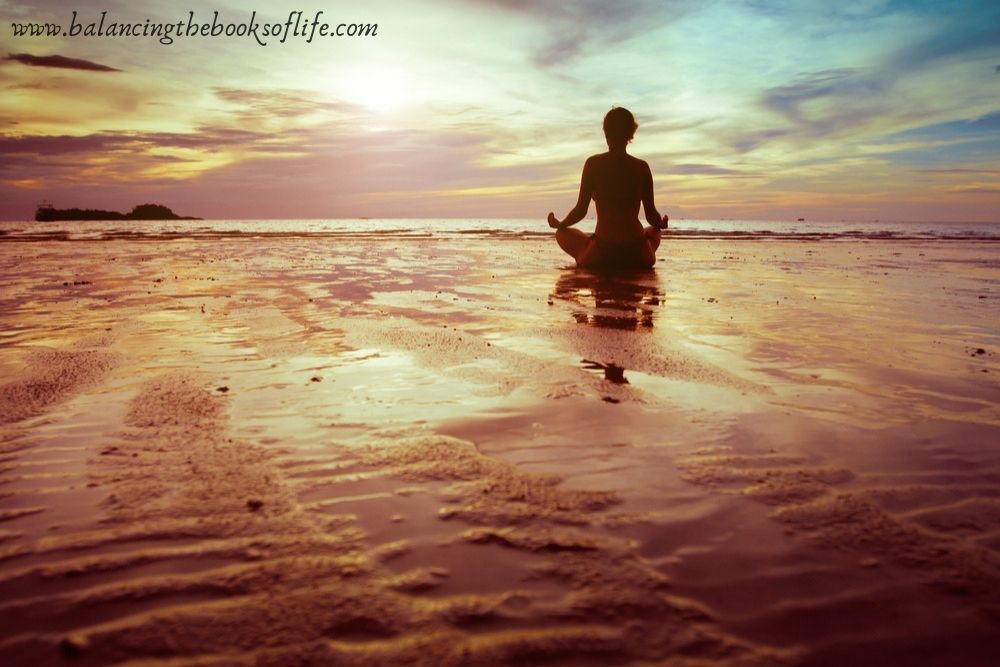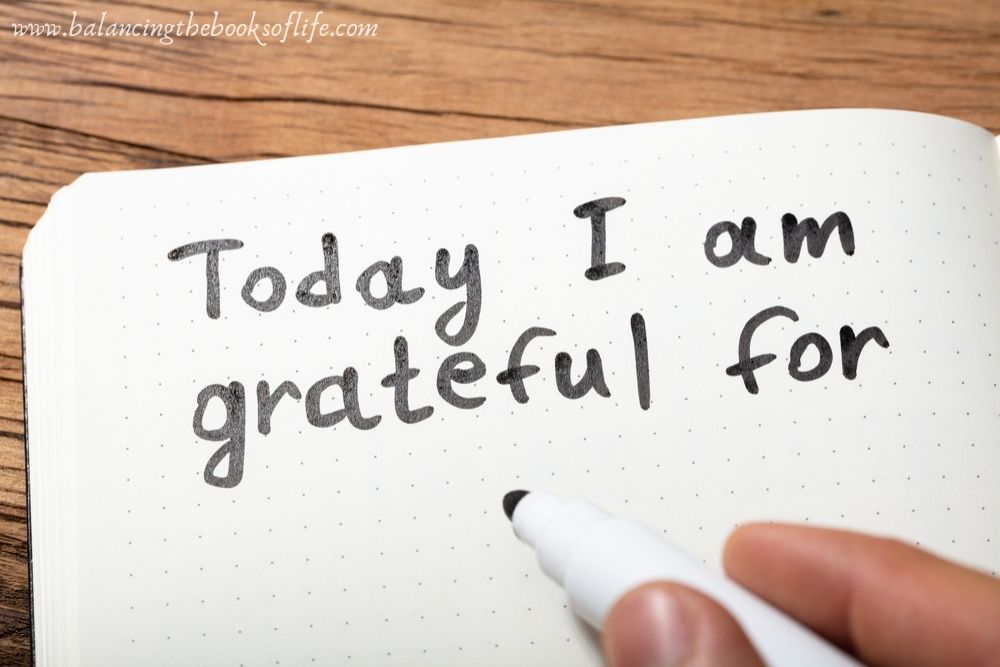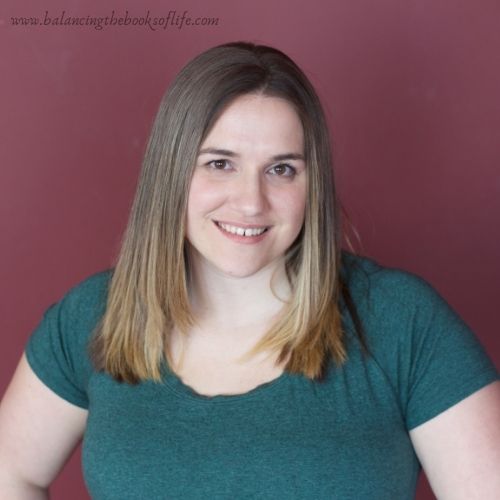
A year end reflection is a time when you sit down and dedicate time and space to become mentally aware of and process the last year that has gone by. This past year was hard. I don’t think there is a single person in this entire world who didn’t feel the effects from last year. It was really heavy, and everyone experienced some bad moments, negative energy, and unpleasant emotions.
We hit a global pandemic, lives were being lost every day, our health was at stake, and many places were forced to shut down. Jobs were lost, businesses closed, and quite frankly this past year was really lonely. Staying in touch and keeping relationships turned into an impossible chore. Not to mention the political violence, election, racism, and more; as a whole this country, and the world, went through some really hard times and shifts this past year. This is a prime example of why a year end reflection is so important.
With the hardship, it can be really easy to get sucked into the negative. However, I bet there were some good moments in there too. What I want to go through with you today is a way to reflect on everything that has happened in the last year. Doing a year end reflection is really important release any negative vibes, recognize how the year went, what went right and what didn’t, and be able to move into the new year with fresh energy. It will also allow you to reflect on how you might want to handle similar negative vibes going forward. Because, let’s be honest, we’re human, and not supposed to be perfect and happy all the time. And that’s okay. But we need to be able to leave behind the hardships in order to make room for inspiration and growth in the coming year.
Why should you do a year end reflection:
Before you can move forward, in any situation in life, you need to understand your past. Reflecting on your past 12 months, or any time frame really, is essential for growth. When you don’t look back and reflect, you remain in a mode of default and you increase your likelihood of repeating the past. Our brains love living in the past. It is easy and comfortable. Our brains like easy and comfortable. When you take an active role in reflecting from a point of gaining awareness and learning, you enable awareness and start to make room for growth.
Setting goals at the new year natural to many. It is important to have goals, because that is what helps move our brains forward and gives them purpose. But it’s easy to set up goals thinking about the future without evaluating where we are or where we’ve been. And if we neglect that crucial part of the process, it’s quite probable you will find yourself trying to move forward, potentially even taking action, but never really getting quite where you want to be.

Reflecting backwards allows you to do several things:
- Recognize the place you are at today, in this moment, is a direct result of your thoughts and the choices you made
- Let go of anything weighing you down
- Decide whether this was the year you wanted it to be
- Evaluate what you can learn from the past year
- Decide what you want for yourself for next year
As you go through this process, bring with you a sense of curiosity and leave behind judgement. I am not here to help you beat yourself up for mistakes. That doesn’t serve me and it doesn’t serve you either. Look at your past with love. Look over decisions and mistakes knowing in that moment it was right for you.
How to do a year end reflection
A year end reflection can be done following these steps:
Release negative experiences
Many of us have negative experiences every year, but especially this year. It is important to try to move forward without carrying the negativity with us. I learned about this from a coach of mine, and I felt a lot better after I tried it. Try this method she taught me:
Close your eyes and put your hand over your heart, and imagine yourself watching your life over the past year. You are completely separate from it, watching it like a movie. Let some of the hardest situations you experienced come up. Recognize the thoughts and emotions that come up. Allow yourself to feel and process them. Then imagine a cord runs from you to the life you are watching. Take a pair of scissors and cut the cord. Cut yourself from those experiences and let them go. In your mind, as you watch, turn around and walk away.
Realize this: you are not walking away from your experiences. They are yours and yours to keep. You acknowledged and processed the thoughts, emotions and feelings that you associated with them. You are merely letting them be in their place, in the past, and you moving forward to your future, and not letting them come with you.

Reflect on your emotions
As you think back over the last year, what are the most prominent main emotions you felt?
Some examples of emotions are happy, sad, love, determined, afraid, excited, frustrated, angry, confused, energized, and stressed.
Evaluate these emotions and think about what thoughts were generated to cause these emotions. Are these the emotions you want to feel more of in the coming year, or less of? Are there different emotions you would rather feel moving forward? Our emotions will drive our actions, and our thoughts drive our emotions, so getting your thoughts right, can transform your results.
Evaluate your choices
Next, cycle through all the decisions and choices you made in the past year. Would you make them again, in this moment?
For example, if you took a job in the last year (even if you didn’t), would you take that job again today? Would you move into your house again today? Would you start that relationship over?
If we don’t ask these questions, we set ourselves up to repeat more of the past (staying in a job or living in a house don’t love) instead of creating a new future. If the answer is no, that is an indication that you should looking into creating a change in your future.
The reason for the decision doesn’t matter, as long as it’s not because you did it in the past. The goal is to make sure your current decisions are serving your future self in the best way possible.
What didn’t go well?
What didn’t go well, or as expected, in the past year? Was there something you hoping to accomplish, but didn’t? Were there goals did you not quite make? What obstacles did you face? What lessons can you learn from what didn’t go as planned?
As you go through this, make a list, journal about it (here’s one I recommend), or do whatever feels most right for you to evaluate what didn’t go as expected this past year.
What did go well?
What did go well this past year? What positive results did you create? What are you most proud of?
Again, make a list of all the things that went well, good things that happened to or for you, and what you are most proud of. What lessons can you learn from what did go well?

What are you grateful for?
Lastly, it’s important to remember and recognize all the things you are grateful for from the last year. Whether it’s someone, or something that happened to you, or something you created and are proud of, what are you grateful for from the last year.
Acknowledging and expressing gratitude can not only improve your mood and make you happier, but it is also linked to lower rates of stress and depression; therefore, it is always important to recognize what you are grateful for.
As you finish reflecting about this past year, think about what you want your next year to look like. It can be anything. It can exactly like last year, or completely opposite. All that matters is that it is what YOU want. Allow yourself to let go of the negative, understand the lessons, bring them with you into the future, and be brave enough to go after your dreams.
Related reading:
- A Gratitude Challenge: What’s Not Cancelled
- 4 Questions for Finding Purpose
- How to Use Habits to Help Reach Your Goals
- Dare to Dream


Michele is the fun-loving, easy going, project managing, financial savvy author behind the Balancing the Books of Life blog. She invites other moms to come along her journey to both become financially independent and spend time on things they love!


Leave a Reply